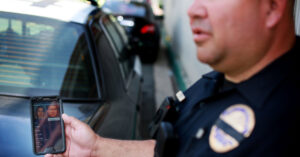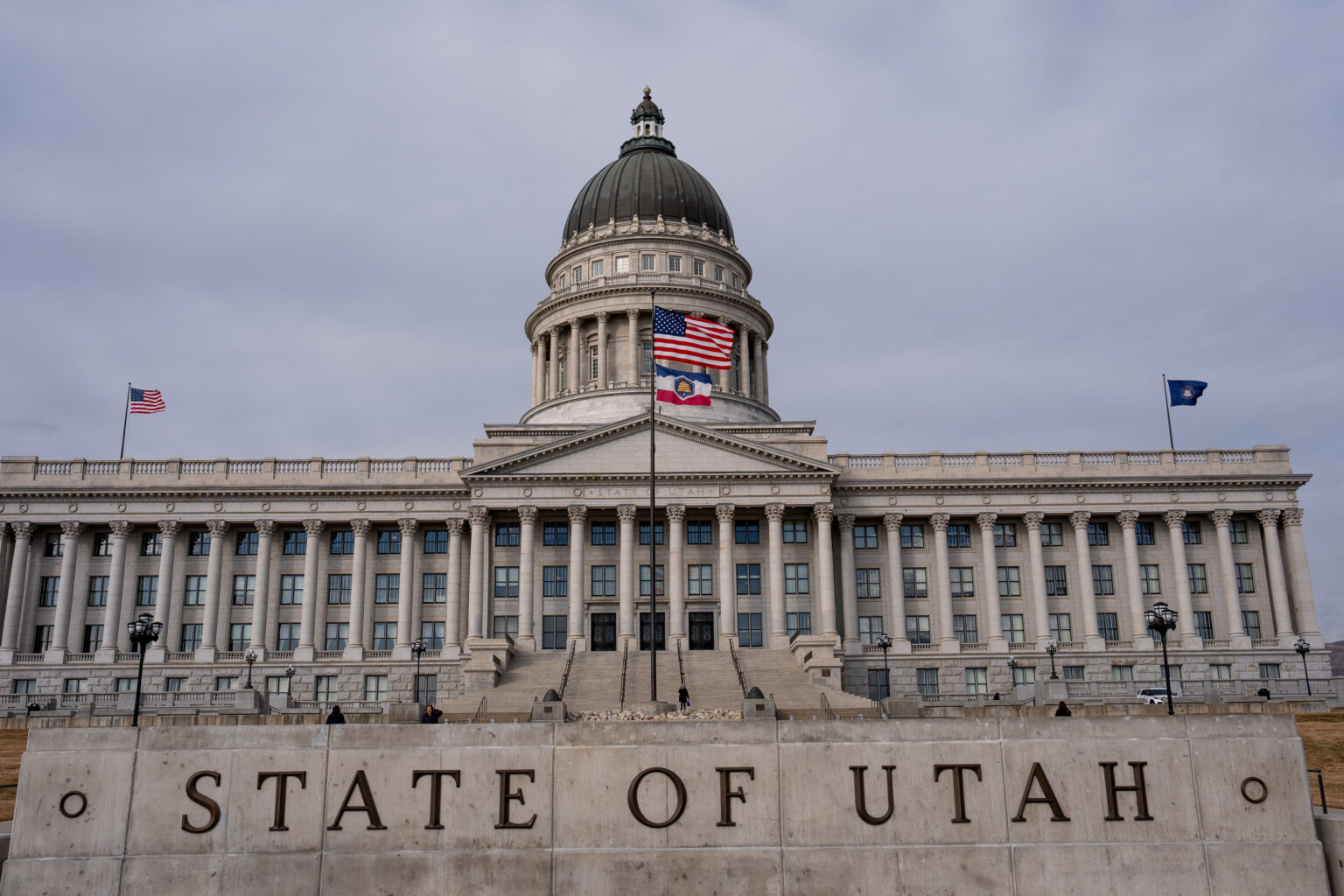Ars Technica reports that the federal government is distributing a face scanning app called Mobile Identify to local police. The app, developed by U.S. Customs and Border Protection, it lets officers photograph someone’s face and instantly search federal biometric databases.
Officials call it efficient. In reality, it raises serious concerns regarding legal and civil liberties.
Any Utah police department that uses this app directly is breaking state law. Under Utah law, local law enforcement agencies may not conduct facial recognition searches independently. They must go through the Department of Public Safety, which logs every request and limits use.
By connecting to federal systems without DPS oversight, a local agency would be operating outside its legal authority and could expose itself to risk under Utah’s Governmental Immunity Act. Depending on the facts of an incident, that exposure could open the door to lawsuits or injunctions. A single wrongful stop or misidentification could create real liability for a department and its officers.
Facial recognition is notoriously error-prone, especially for women and minorities. When tied to immigration databases, it invites wrongful detentions and privacy violations. Utahns never consented to that.
If any agency in Utah adopts Mobile Identify without authorization, it should face swift legal action to restore accountability. Utah’s legal guardrails exist to protect innocent people from government overreach that hides behind claims of innovation.






